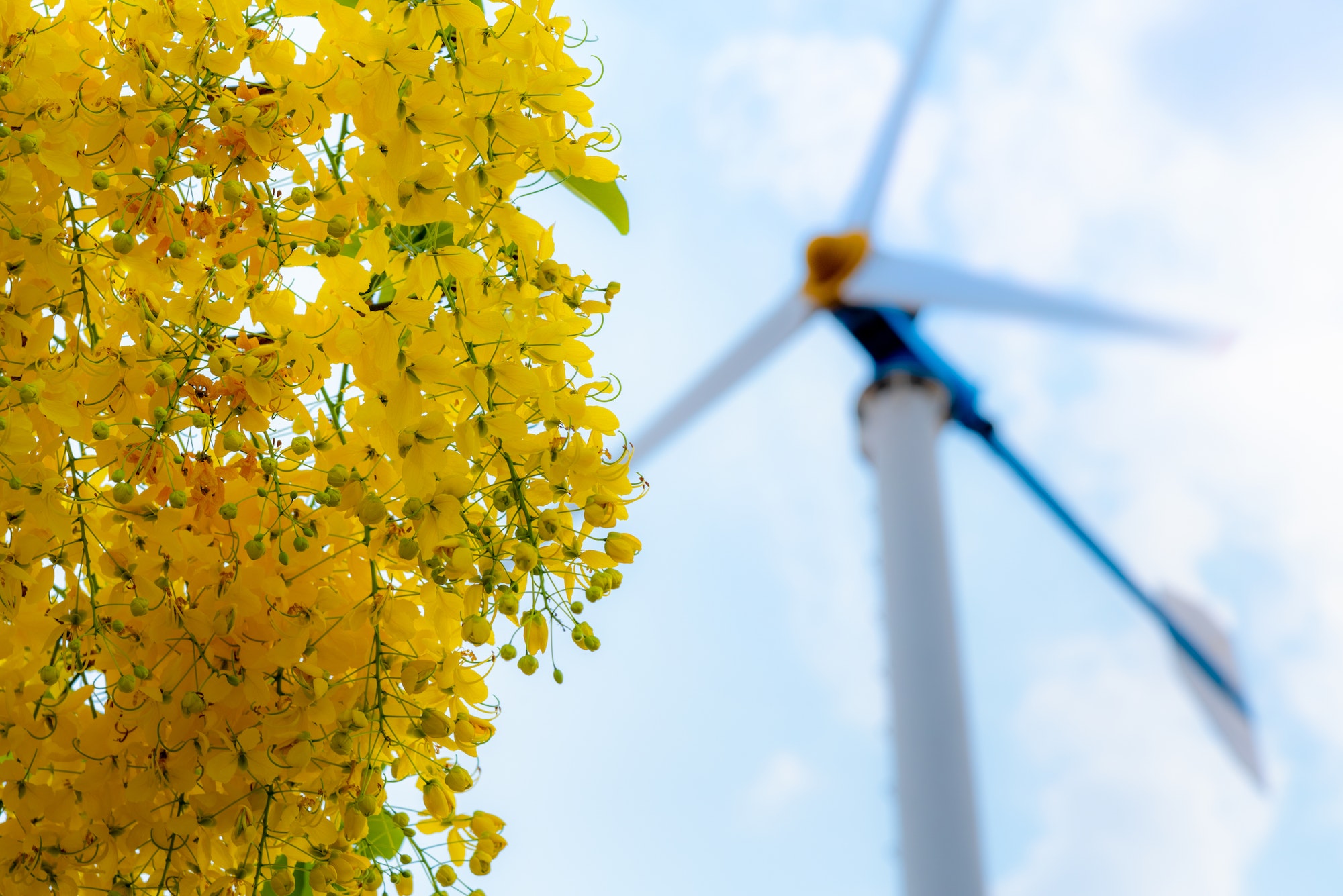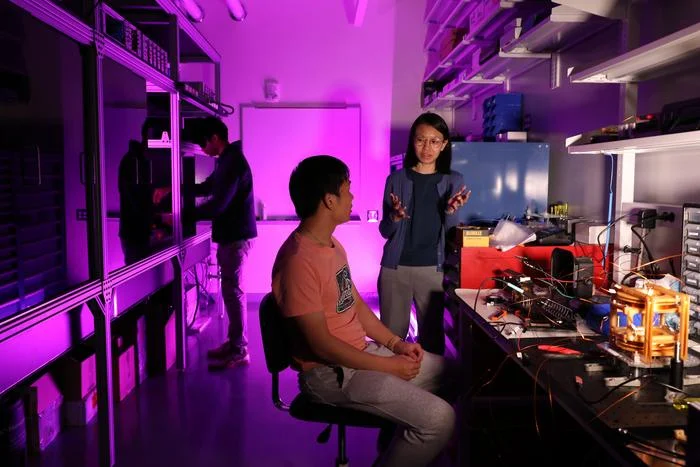Insider Brief
- Boise State University and University of Nevada received grant funding for quantum computing-related clean energy technology projects.
- The grants came from the U.S. Department of Energy (DOE).
- Critical Quote: “America’s next big energy breakthrough can come from anywhere in the nation, and that’s why Federal R&D investments should reach and benefit all parts of the country. The funding we’re announcing today will spur innovation and create energy jobs around the nation.” — U.S. Secretary of Energy Jennifer M. Granholm
PRESS RELEASE — The U.S. Department of Energy (DOE) today announced $33 million to support 14 clean-energy research projects as part of a program to ensure the Department’s research funding is reaching pockets of the country that traditionally have received disproportionally low amounts of Federal scientific funding.
Two universities won awards for tying quantum computing in with clean energy:
- Boise State University earned funds for a project to address understanding needed to design dye components that may be used for quantum computing.
- University of Nevada was awarded grant monies to build stable controllable spin systems for quantum information sciences and quantum computing.
Other projects will cover a range of topics—including grid integration, renewable solar and wind energy, and advanced manufacturing. The funding will help ensure all regions of the country share in the ownership of priority research that advances science and addresses energy and environmental issues as the country moves ahead to reach the Biden-Harris Administration’s ambitious climate goals.

“America’s next big energy breakthrough can come from anywhere in the nation, and that’s why Federal R&D investments should reach and benefit all parts of the country,” said U.S. Secretary of Energy Jennifer M. Granholm. “The funding we’re announcing today will spur innovation and create energy jobs around the nation.”
This funding—provided through DOE’s Established Program to Stimulate Competitive Research (EPSCoR) program—is intended to improve geographic distribution of Federal research and development funds and strengthen research capabilities in underserved regions of the country. There are 28 jurisdictions designated under EPSCoR, including 25 states and three U.S. territories.
Projects selected in today’s announcement cover a range of energy research topics, from fundamental science topics to efforts in fusion energy, climate and ecosystem modeling, grid integration, wind energy, and sensors for energy conversion.
If you found this article to be informative, you can explore more current quantum news here, exclusives, interviews, and podcasts.















